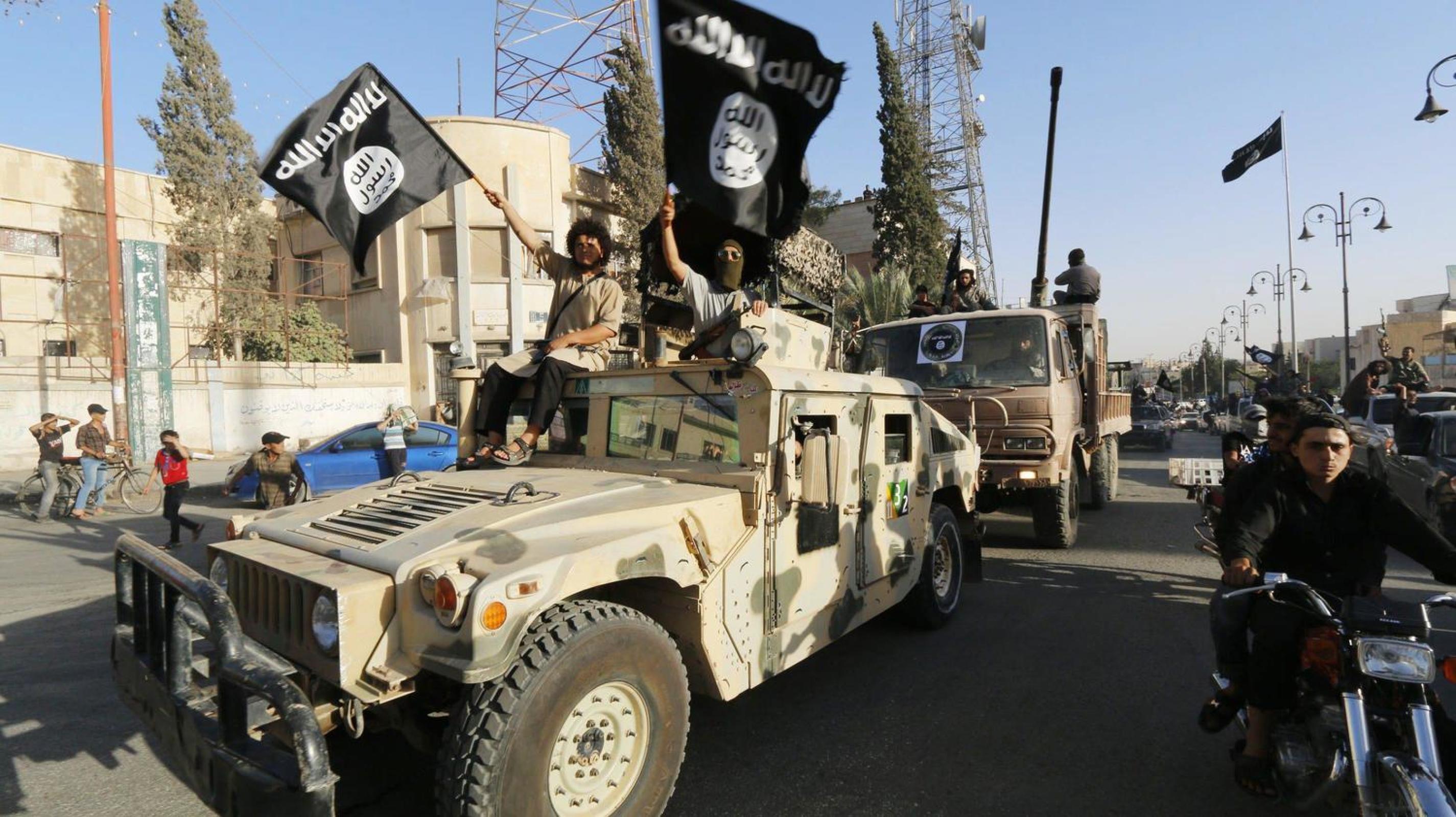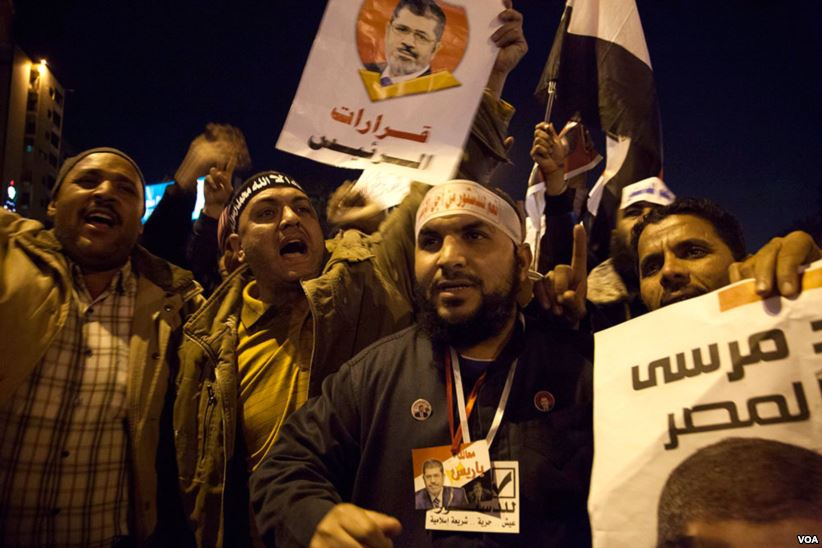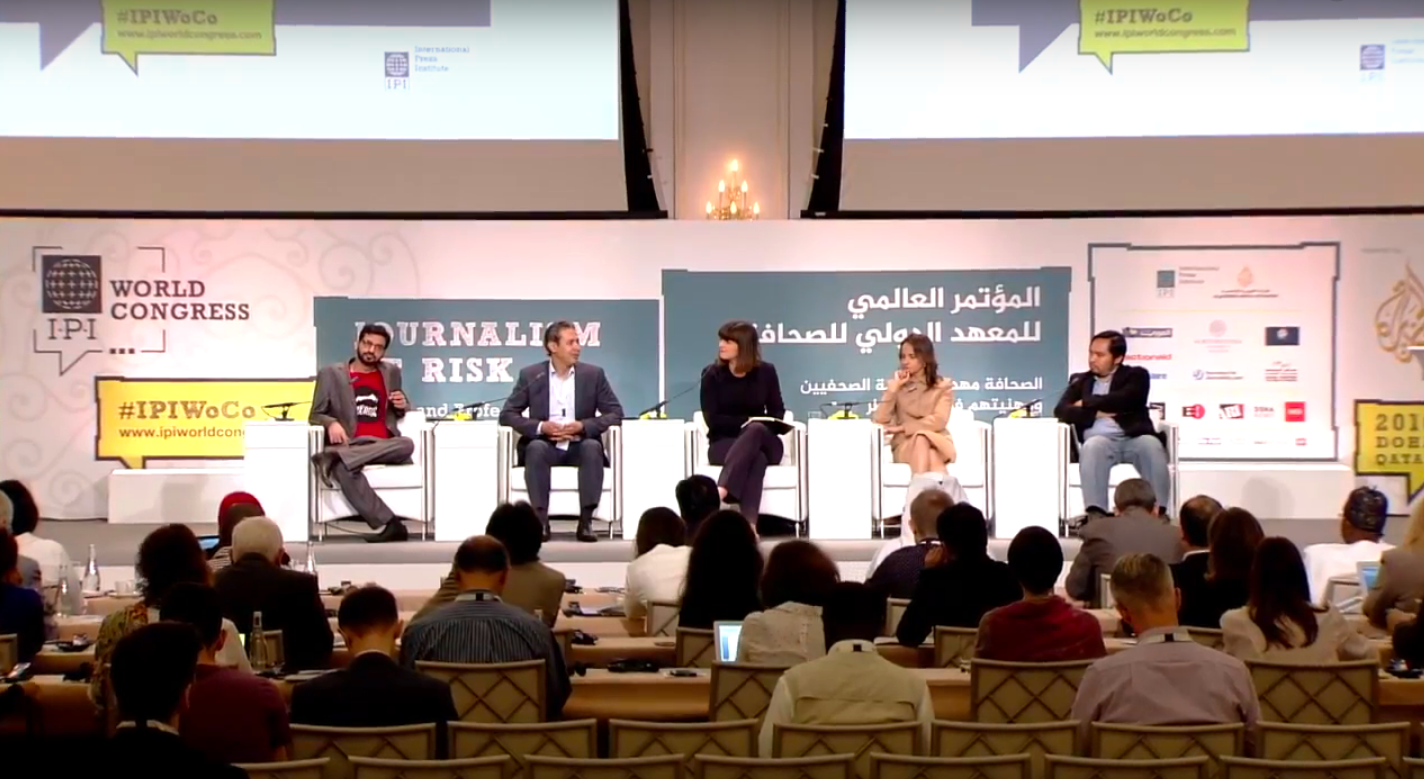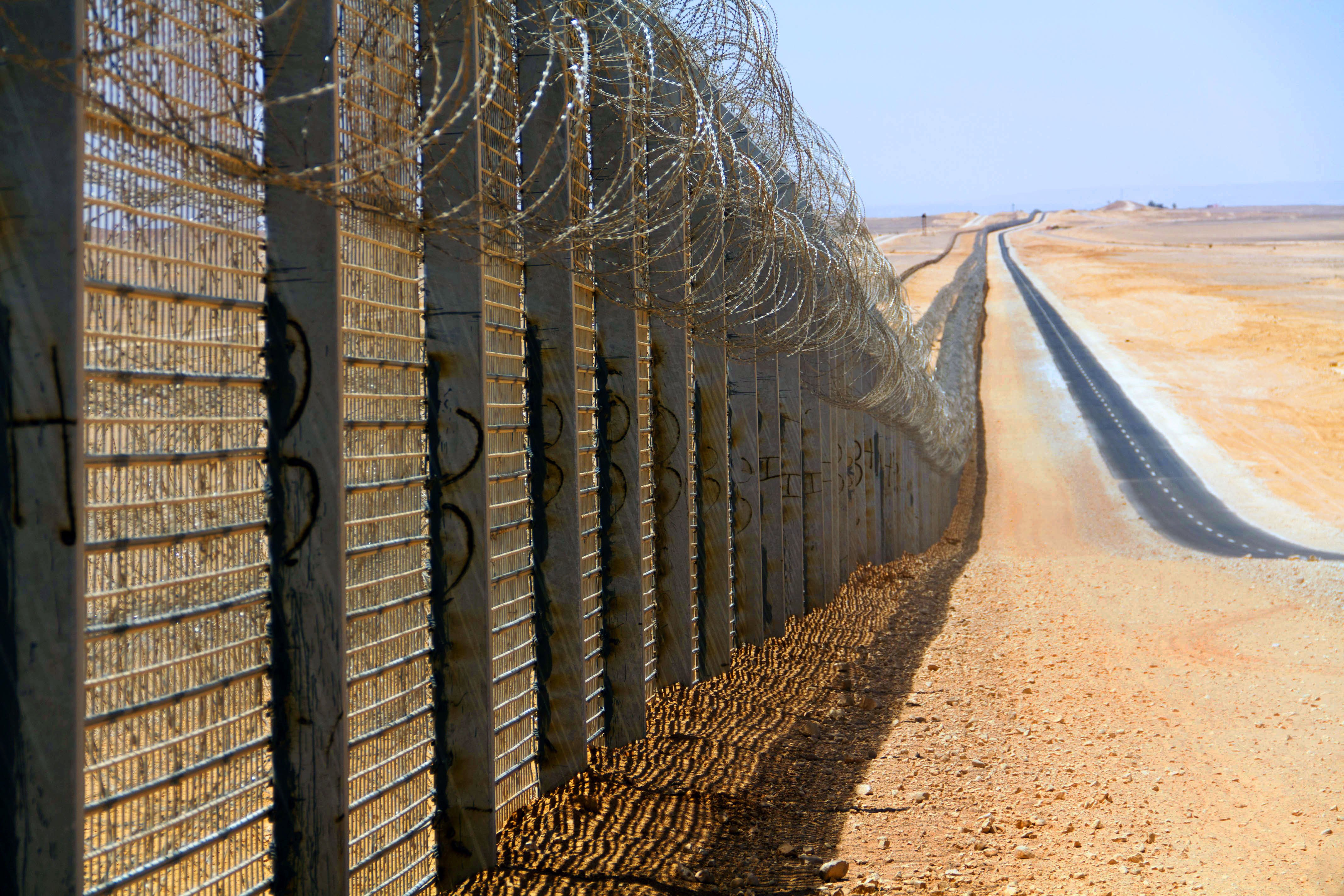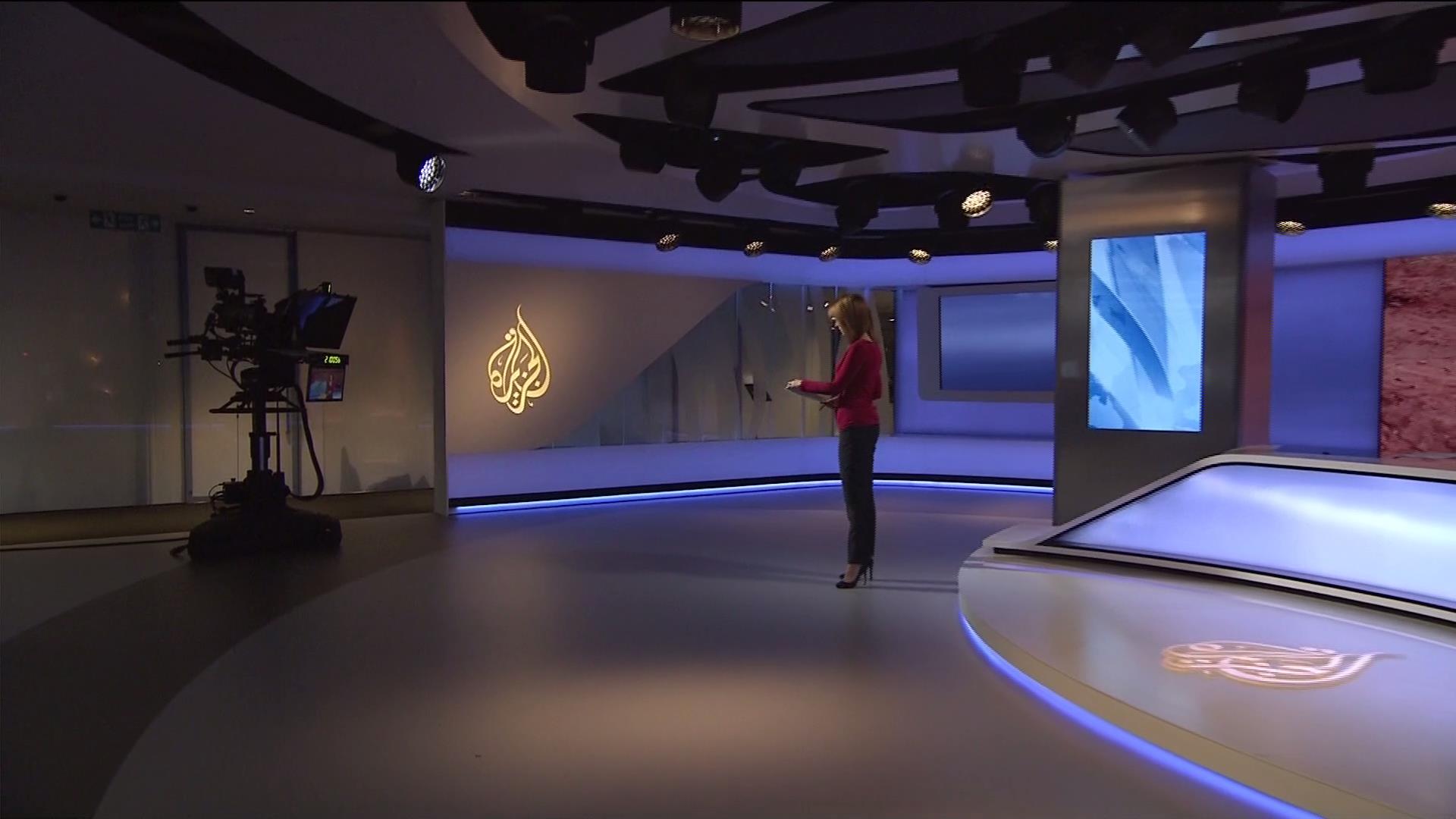The rise of the Islamic State group (which will be referred to as ISIS), from the perspective of those in the Middle East drawn to it, rather than Europe where the French scholar Olivier Roy has proposed the idea of the “Islamization of radicalism,” can be discussed within the framework of a number of deeper phenomena in Arab societies since the mid-twentieth century.
Read More »تقديم العدد…
تقديم العدد… نبيل فهمي - عميد كلية الشئون الدولية والسياسات العامة ووزير خارجية مصر الأسبق. إنه لمن دواعي سعادتي أن أكتب المقدمة الافتتاحية للعدد الأول من الدورية الالكترونية نصف السنوية Arab Media & Society الصادرة عن مركز كمال أدهم للصحافة الرقمية والتلفزيونية التابع لكلية الشئون الدولية والسياسات العامة، والتي تنشر …
اقرا المزيد »Roots of Religious Extremism: The Muslim Brotherhood and the Four Faces of Tyranny
One way of getting to the “root causes” of terrorism and religious extremism in the Middle East is to examine the thinking of the mother organization of all groups and movements espousing violence and terrorism. Fortunately, the history of the Muslim Brothers is well researched. The revelations of the organization reflect a great deal of inconsistencies between the general and the specific: public pronouncements and specific documents, theory and practice, English and Arabic.
Read More »CONFERENCE REPORT | IPI World Congress: How to Cover Violent Extremism and Survive
Under the banner “Journalism at Risk: Safety and Professionalism in a Dangerous World,” the 2016 World Congress of the International Press Institute (IPI) convened in Doha, Qatar in March to tackle the dangers of covering terrorism and other forms of political violence.
Read More »BOOK REVIEW | Visual Propaganda and Extremism in the Online Environment
Ronnie Close, an academic and assistant professor at the American University in Cairo, welcomes the volume into the discourse on visual content. He contextualizes the scholarly work by providing information on related fields, and he assesses the compilation's overall cohesion.
Read More »ISIS’s Euro-American Fighters: Western Failures and the Narratives of Denial
This article centers on the influx of Western fighters joining ISIS and locates its root causes in systemic and structural forms of alienation, discrimination, and Islamophobia. In Western discourse, understanding this phenomenon is characterized by a sense of denial that limits the interpretive paradigms to one of two approaches: either a racial discourse that confines the debate to antagonistic minoritized citizens with ambiguous loyalties and an inherent vulnerability for radicalism, or the powerful “glamour” of ISIS’s propagandist spectacles that western media cannot dispel.
Read More »Threat of the Downtrodden: The Framing of Arab Refugees on CNN
After September 11, 2001 Arabs and Muslims became the topic of interest for the global media, drawing attention from news outlets worldwide. Recently, the rise of the Islamic State in Iraq and Syria (ISIS) along with civil wars in the Arab region have forced hundreds of thousands of Arab citizens, particularly from Syria and Iraq, to flee their homelands. The resulting refugee crisis drew substantial attention and debate. Therefore, studying the framing of Arab refugees and asylum seekers in the global media is of notable significance, especially in connection to ISIS, the war on terrorism, and the upheaval in the Middle East.
Read More »BOOK EXCERPT | Sinai: Egypt’s Linchpin, Gaza’s Lifeline, Israel’s Nightmare
In his most recent book, Mohannad Sabry examines a region that remains a mystery to people around the world. His thorough research and extensive field experience yield profound insight into the complex claims in the territory that have influenced Sinai's history and its present.
Read More »A Note on Our First Bilingual Issue
Arab Media & Society the biannual journal of the Kamal Adham Center for Television and Digital Journalism in the School of Global Affairs and Public Policy at the American University in Cairo is publishing its inaugural bilingual Arabic/English issue. Our Spring 2016 edition features scholarship, research articles, columns, conference reports, book excerpts and reviews, and podcasts all addressing the theme of “Media and Terrorism”.
Read More »BOOK EXCERPT | Media Power and Global Television News: The Role of Al Jazeera English
In her recent book, Seba Bebawi assesses the veracity of Al Jazeera English's self-proclaimed role as a radical "counter-balance" to mainstream global media. She demonstrates a nuanced understanding of modern media through direct narrative comparisons of the same events covered by Al Jazeera English and by other media outlets.
Read More » Arab Media & Society The Arab Media Hub
Arab Media & Society The Arab Media Hub
